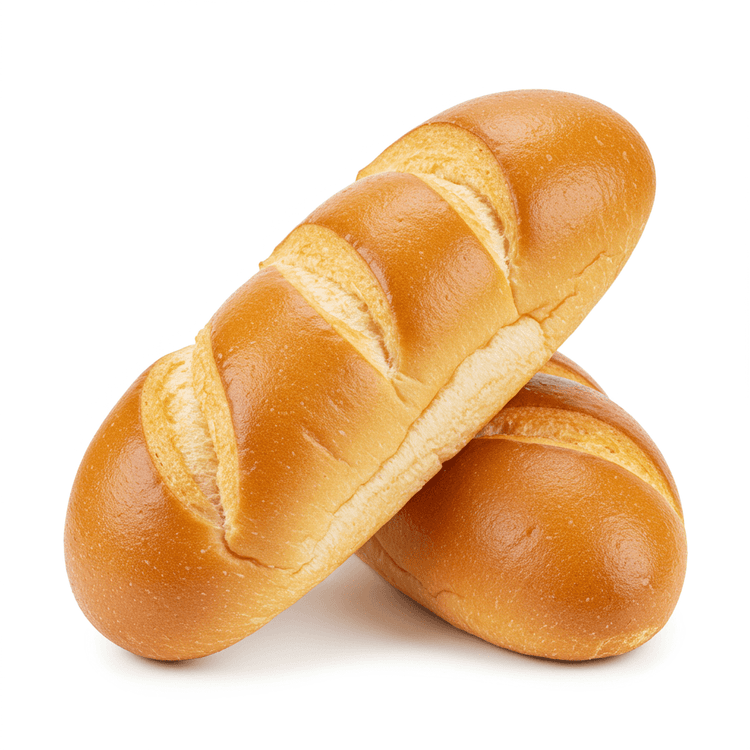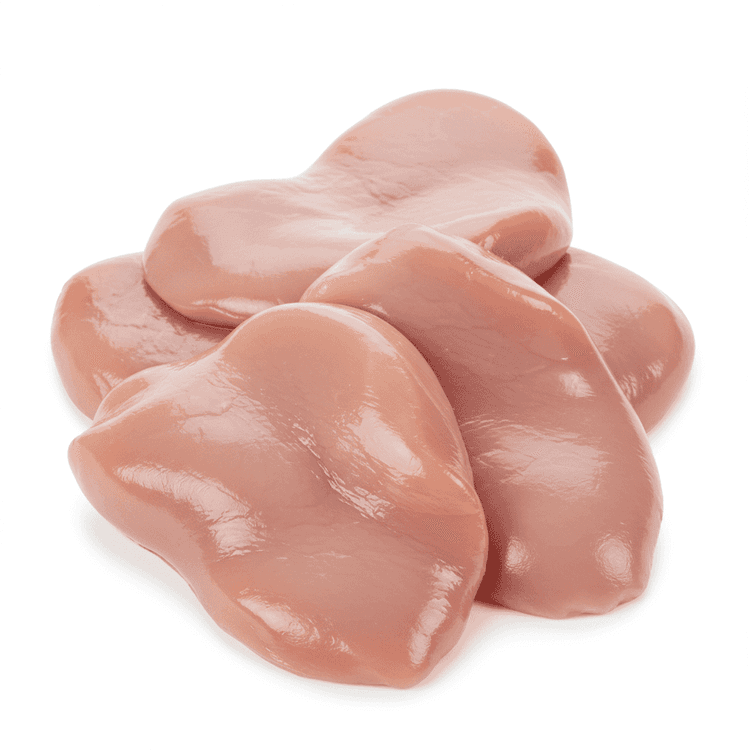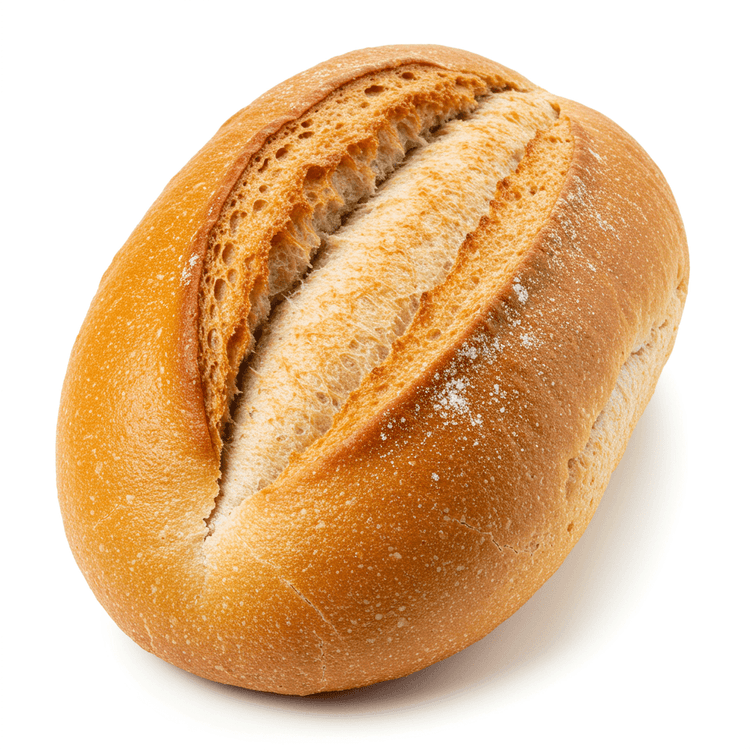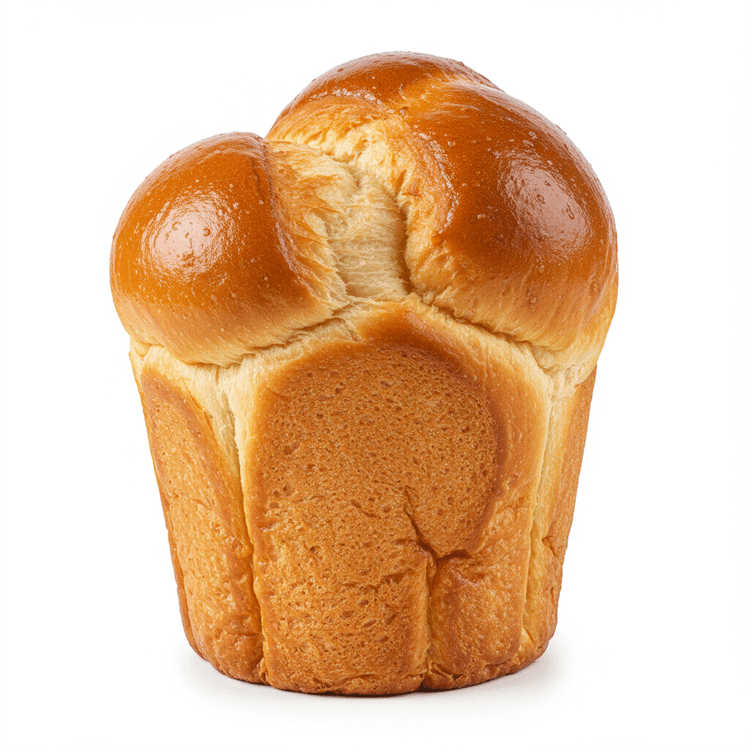
Egg Bread
Egg bread is a rich and tender bread known for its golden crust and soft, slightly sweet interior. This versatile bread gets its distinctive character from the addition of eggs, which contribute to its moist texture and enhance its flavor. Often characterized by a fine crumb and a subtle eggy taste, egg bread offers a delightful culinary experience. Its appealing golden-brown appearance makes it an attractive addition to any table.
Common Uses
- Used for making French toast: Egg bread's slightly sweet and rich texture makes it perfect for soaking up custard and creating incredibly delicious French toast. - Used for making sandwiches: The soft crumb and sturdy structure of egg bread make it ideal for sandwiches, holding fillings well without becoming soggy. - Used for making bread pudding: Egg bread absorbs the custard beautifully in bread pudding, creating a moist and flavorful dessert or breakfast dish. - Used for serving as a dinner roll: Serve warm slices of egg bread with butter alongside meals to complement various dishes, from soups to roasts. - Used for making croutons: Cubed and toasted, egg bread creates crunchy and flavorful croutons for salads and soups, adding a touch of richness. - Used for making grilled cheese sandwiches: The slight sweetness and rich flavor of egg bread is perfect for making delicious grilled cheese sandwiches.
Nutrition (per serving)
Nutrition (per serving)
Calories
225.0kcal (11.25%)
Protein
13.8g (27.6%)
Carbs
21.8g (7.93%)
Sugars
3.5g (7%)
Healthy Fat
5.1g
Unhealthy Fat
2.7g
% Daily Value based on a 2000 calorie diet
Nutrition (per serving)
Calories
225.0kcal (11.25%)
Protein
13.8g (27.6%)
Carbs
21.8g (7.93%)
Sugars
3.5g (7%)
Healthy Fat
5.1g
Unhealthy Fat
2.7g
% Daily Value based on a 2000 calorie diet
Health Benefits
- Good source of protein, essential for muscle building and repair.
- Provides carbohydrates for energy, fueling daily activities.
- Contains vitamins and minerals like B vitamins and iron, important for overall health.
- Offers a source of dietary fat, contributing to satiety and nutrient absorption.
- Can be part of a balanced diet, providing essential nutrients when consumed in moderation.
Substitutes
Chefadora AI is here.
Experience smarter, stress-free cooking.
Storage Tips
Egg bread is best stored properly to maintain its freshness and flavor. At room temperature, it will last for about 2-3 days when stored in an airtight container or breadbox. For longer storage, refrigerate it for up to a week; wrap it tightly in plastic wrap or foil to prevent it from drying out. Egg bread can also be frozen for up to 2-3 months. Slice it before freezing for easier use, and wrap it well to prevent freezer burn. Thaw at room temperature or in the refrigerator before using.
Marnirni-apinthi Building, Lot Fourteen,
North Terrace, Adelaide, South Australia, 5000
Australia




